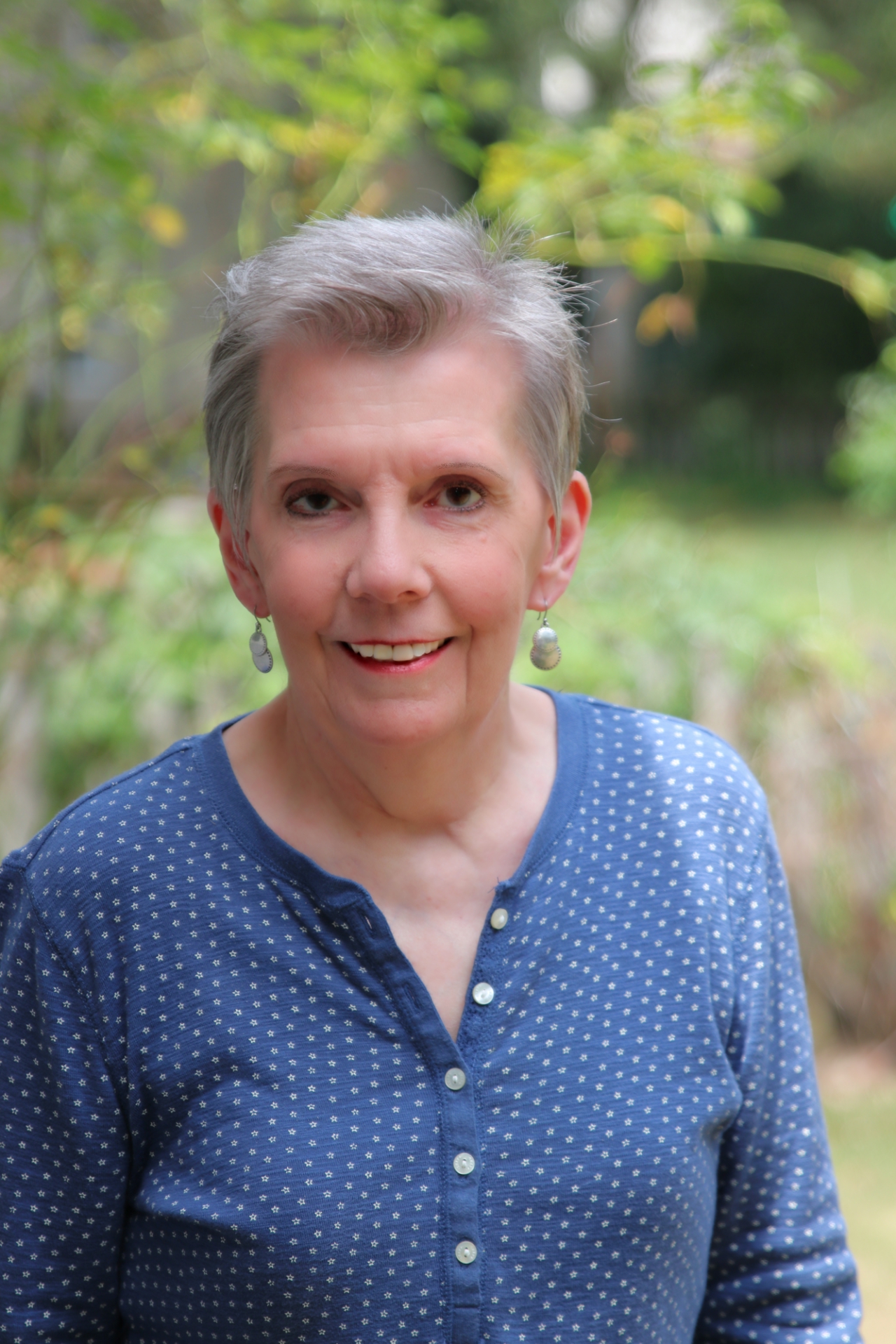We read and hear a lot these days about the importance of living in the present moment. While there is much helpful counsel on the topic, the actual practice seems elusive. This was reflected in a recent conversation I had with a determined seeker.
“How do I BE, apart from taking an extended period of time to meditate or contemplate?”
Meditation and contemplation are excellent practices for many people. I, for one, have experienced the blessings and benefits of quiet time to listen to, and converse, with the Divine.
On the other hand, to fully live in the moment calls upon another skill—acute listening and sensitivity to one’s thoughts and emotions in that moment.
“And that’s where I get stuck,” determined seeker responded. “IF—and that’s a big IF—I can identify my thought or name the emotion or feeling, what happens next?” For now, let us set aside what happens next and focus on this moment, pun intended.
When we sharpen our listening and sensitivity skills, we open ourselves to new insight about who we are and what we are called to do. To be in the moment, and then do, is not an “either / or” experience—it’s the great adventure of integrating “both / and” into the unfolding of our day.
For example: When you get in your car to drive to the store, then return home, you don’t tell yourself “turn right, stop, turn left, go in reverse.” However, you do know, on some level of awareness, that these are the thoughts and actions you need to take to get from one place to another.
We can incorporate the same process in our moment-to-moment life by listening closely to our thoughts and feelings. Without giving them free reign over our actions, they can help us make good life choices, small or large.
For example: You and I are having a conversation about which car you want to buy. You’ve taken the time to gather facts and figures. Then as you share this information with me you notice and identify a thought—I’m afraid of a big monthly payment—and the accompanying emotion—fear.
Why are these insights so important? If you ignore the thought and the fear, you may make a choice you will later regret. The way to use this information is to identify the root of the fear. Is it based in fact—you have limited income—or is it based on a long held belief you are not worthy or don’t deserve a new vehicle or other big ticket item? With that clarity you are now prepared to make an informed, wise decision.
The description of this process has taken longer for me to write and you to read than the lived reality. As a matter of fact, the more you choose to live in the present moment and notice what’s happening within, the easier it becomes to take action with a deep sense of peace and joy.
While we can’t undo the choices of the past, we can make the choice going forward to BE—to notice, listen, and feel, and then take action with greater confidence we have heard God’s voice amid the noise of being human in an often noisier world.
How do I feel about living in the present moment?
What does that mean to me?
What choice would I need to make to allow myself to BE?








Leave a Comment
You must be logged in to post a comment.